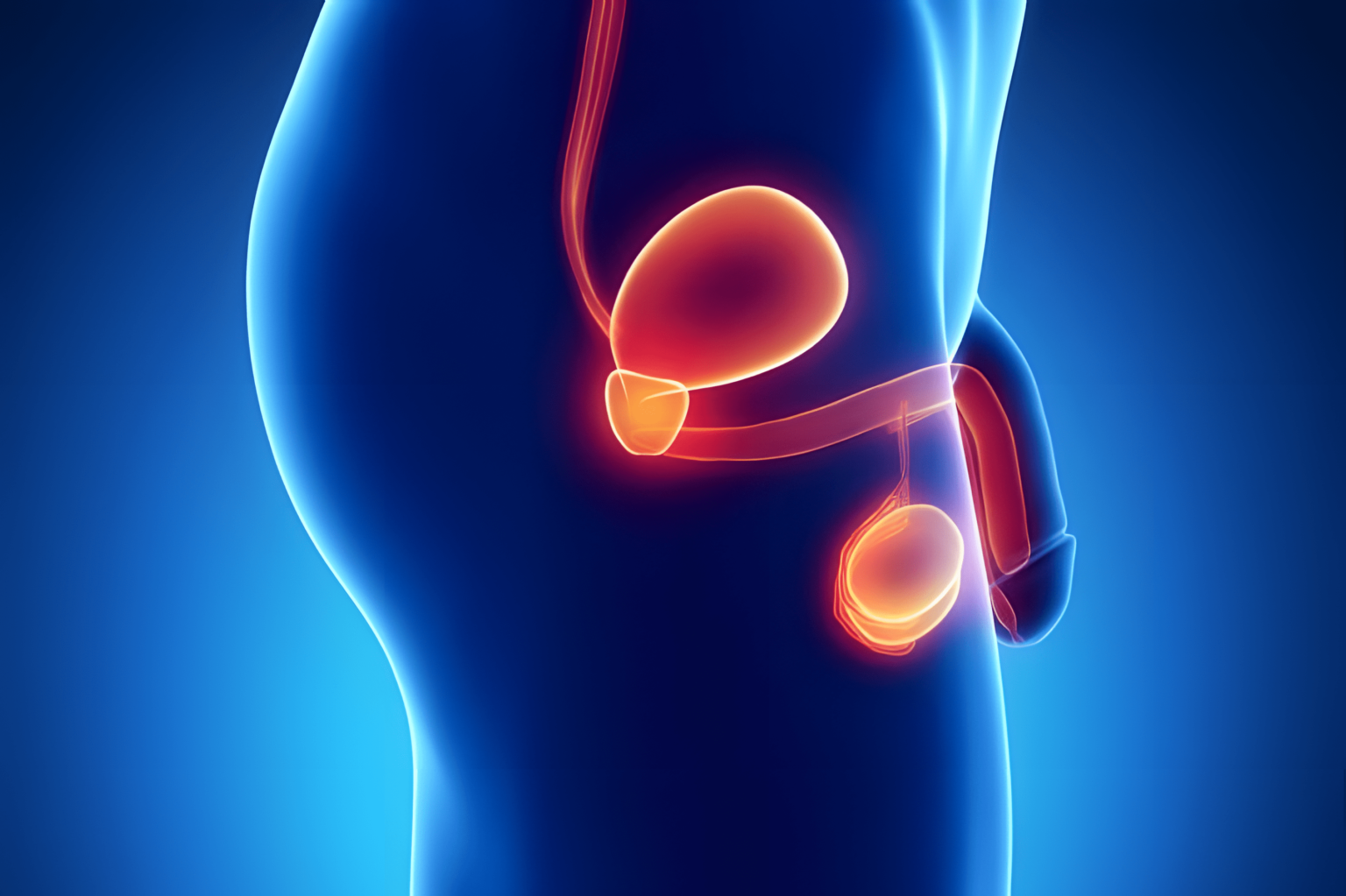Hypogonadism in men, also known as low testosterone or low T, is a condition where the body produces insufficient levels of testosterone, the primary male sex hormone. Testosterone plays a crucial role in various physiological processes, including sexual function, muscle and bone health, and overall well-being. When testosterone levels drop below normal, it can significantly impact a man’s health and quality of life.
Causes of Hypogonadism
Hypogonadism in men can be categorized into primary and secondary types. Primary hypogonadism occurs due to test issues, such as genetic disorders, infections, and physical trauma. Secondary hypogonadism results from hypothalamus issues, which regulate testosterone production. Disorders in the pituitary gland, tumors, and chronic diseases can disrupt the hormone signals necessary for testosterone production, contributing to secondary hypogonadism.
Symptoms of Hypogonadism
Hypogonadism in men causes symptoms like reduced libido, erectile dysfunction, and sexual satisfaction. Physical signs include decreased muscle mass, increased body fat, and bone density. Emotional and cognitive effects include depression, irritability, fatigue, and difficulty concentrating.
Treatment Options
Treatment for hypogonadism focuses on restoring normal testosterone levels and addressing underlying causes:
Testosterone Replacement Therapy (TRT) is a treatment for hypogonadism in men, aiming to restore normal testosterone levels and alleviate symptoms. It includes injections, patches, gels, and pellets. Injections increase testosterone levels quickly, patches provide steady release, gels offer gradual absorption, and pellets implanted under the skin release the hormone over several months.
Treatment for secondary hypogonadism in men involves managing chronic diseases like diabetes or obesity, which can improve testosterone levels and alleviate symptoms. Treatment of pituitary or hypothalamic disorders can restore normal hormonal function. If specific medical conditions are identified as the root cause, targeted treatments or interventions may be necessary.
Lifestyle changes, such as a healthier diet, increased physical activity, and stress reduction, can help manage hypogonadism and improve medical treatments. Strength training can boost testosterone levels and improve mood, while stress reduction techniques and sleep hygiene contribute to hormonal balance. Combining these lifestyle modifications with medical treatments offers a comprehensive approach to improving quality of life.



